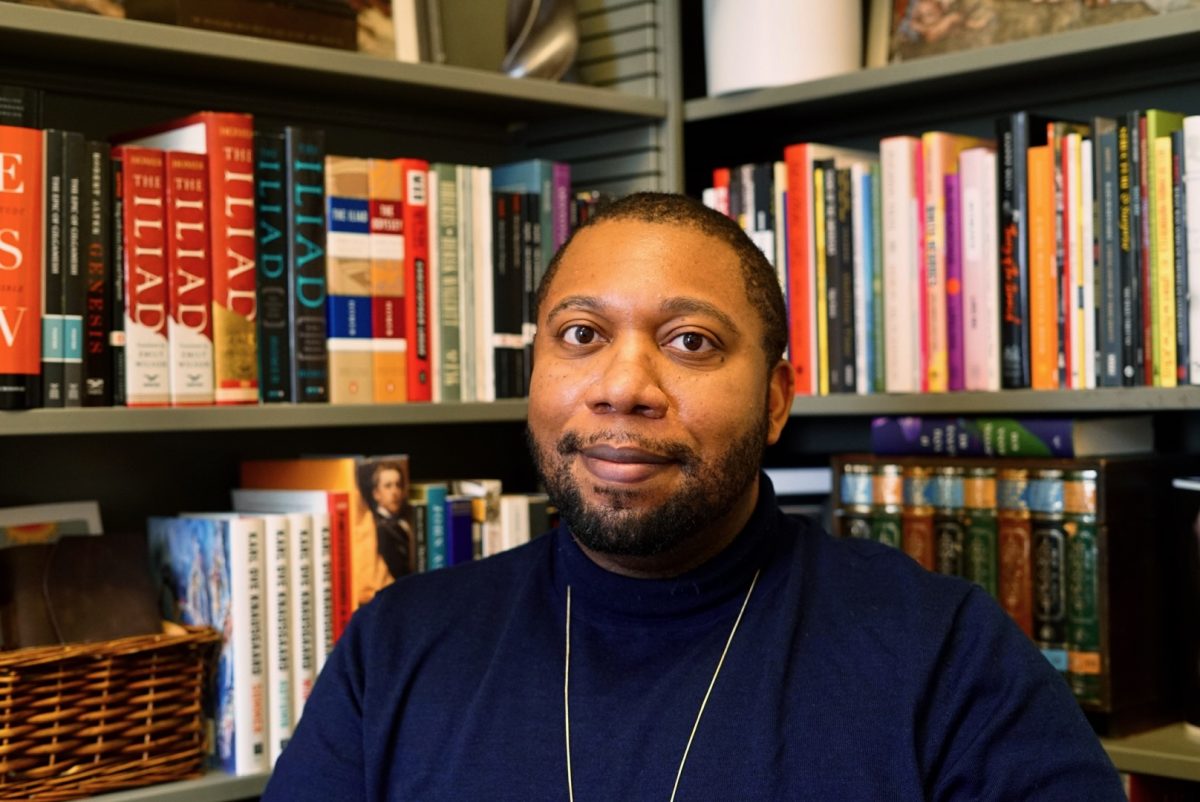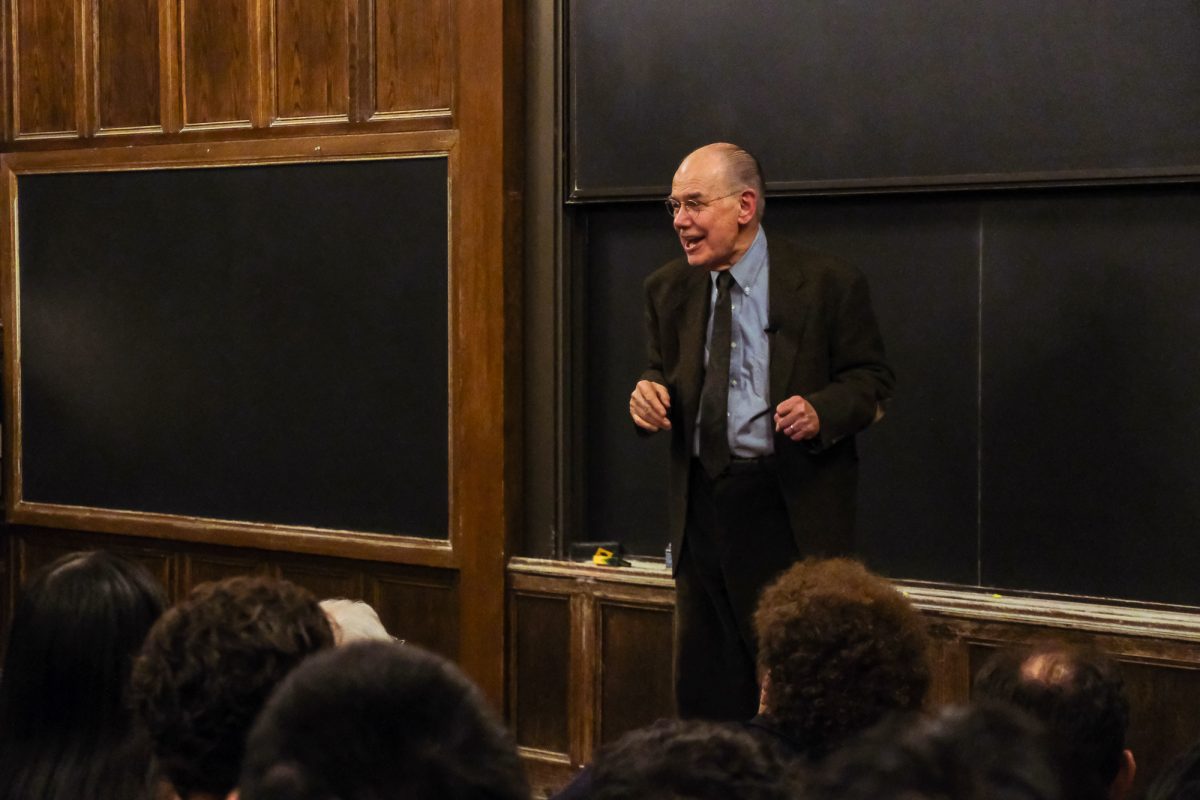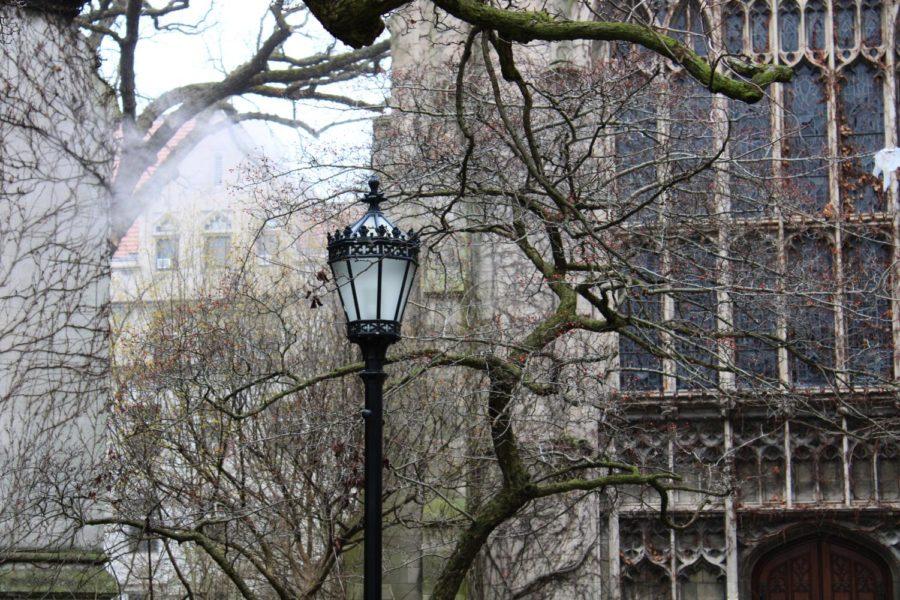UChicago is launching the College Summer Institute, a program designed to provide research opportunities to students in the humanities and social sciences.
The Institute is open to rising fourth-year students and will take place over a four-week period in June and September. Students will receive $2,500 of funding to work on a topic of their own choice under an umbrella theme.
“We are starting this program in response to a perceived need for undergraduate research opportunities in the humanistic disciplines,” said Christopher Wild, master of the Humanities Collegiate Division.
Wild highlighted the need for a new research scheme for students of humanities and the humanistic social sciences (such as qualitative political science, sociology, or anthropology, as opposed to more quantitative sciences, such as economics or computational psychology). He noted that currently students in those disciplines have some access to research experiences, but that all existing methods have notable drawbacks. While many students take up research assistantships for faculty projects, for example, those jobs are usually more tailored toward the faculty members’ needs rather than students’ own intellectual interests.
Wild said that students in these fields who write B.A. theses can feel solitary in that process, because they don’t usually receive as much support from supervisors as graduate students working on their dissertations. As a result, students may find it challenging to produce new ideas that don’t merely summarize existing literature.
Wild said the Institute would aim to solve these challenges by creating a collaborative setting where students will be able to do original research. “It’ll sort of be like a lab, where you work alongside with others in a larger project and you learn from each other,” he said.
After learning essential research techniques (such as archiving and source identifying) in the June session, students will come back in September to work on projects of their choice in seminar-style discussions. During that time, students and faculty supervisors will share the progress in their research with each other and receive feedback.
This year, the program will focus on the archival study of the city of Chicago. Wild explained that topic was chosen not only because it represents the interests of this year’s teaching team, but also because it is interdisciplinary enough to support students from different academic backgrounds.
“We’d encourage students to collaborate and work in small groups; that’s why there’s a unifying theme for this program,” Wild said. “We want them to have a common ground of discussion.”
Wild expects the participants to produce real findings in their research projects, instead of repeating the footsteps of preceding researchers. That would be made possible through the level of individual attention given by the faculty supervisors to the projects of the students’ own design. Those findings may later be incorporated into the students’ B.A. theses.
Looking ahead for the future classes of the Institute, Wild expects new topics to be introduced and will allow for more interdisciplinary collaboration. For example, for a possible topic on “Game,” a media studies major may study video games as a form of media under the supervision of a professor from the English department, or a Germanic studies student may compare the notion of playing in Schiller with a philosophy major’s similar project on Wittgenstein.







